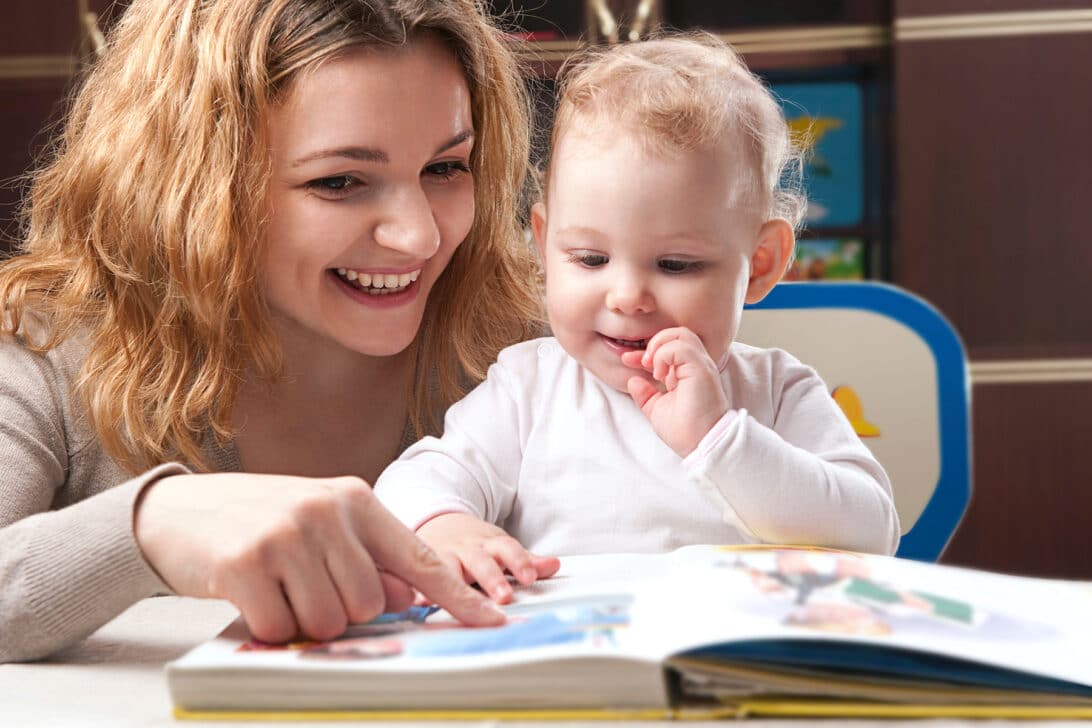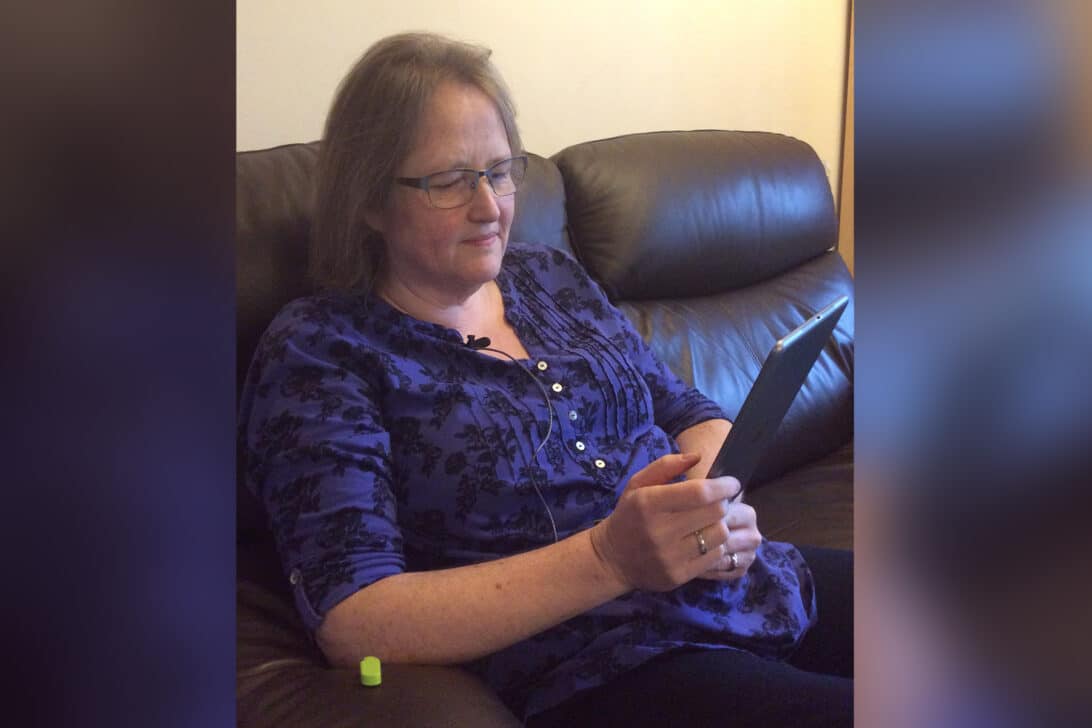
You can help your child to develop their communication skills even before they receive a cochlear implant. If you’ve chosen for your child to receive an implant, and are in the months or weeks before the implantation or activation, this can be a time filled with different emotions: excitement, anticipation, maybe worry. If you’re not
.png)




